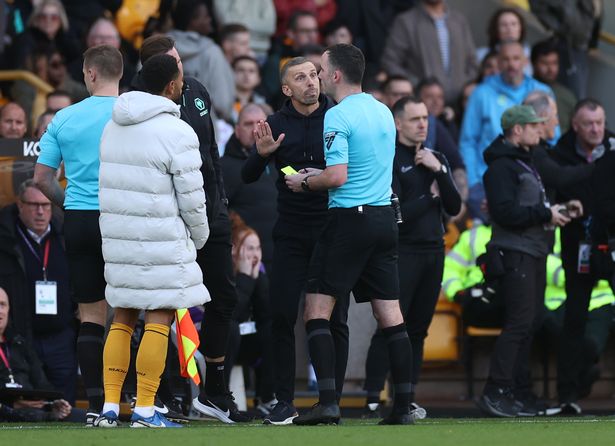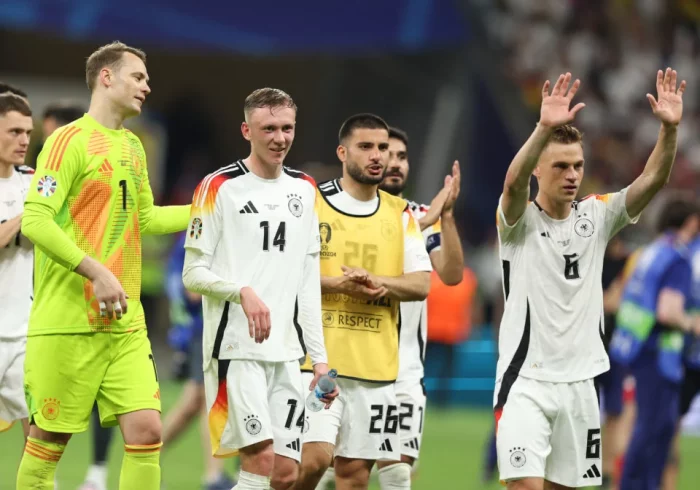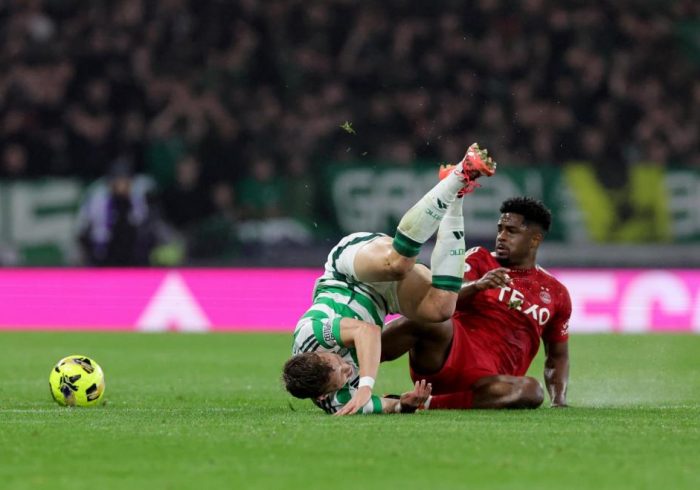The Wolves were significantly displeased with the actions of the VAR officials in the aftermath of their recent loss to Manchester City on Sunday. The contentious 2-1 defeat saw City net a late winning goal, which was subject to a VAR review before being awarded. Wolves’ manager, Gary O’Neil, voiced his frustration with the decision, alluding to a potential bias in favor of bigger clubs like Manchester City.

In a twist of fate, despite leading a Premier League-wide vote to abolish VAR in the summer, Wolves found themselves at the mercy of the technology, ultimately resulting in their earning only 2 points instead of the potential 1 point they could have claimed from the City match. The league table painted a picture of how each team’s position might look without the intervention of VAR, with Wolves occupying the bottom spot.

The impact of VAR extended beyond Wolves, affecting the outcomes and points earned by other teams as well. It brought into question the fairness and influence of VAR in football matches, sparking debates about whether certain teams are favored over others. The controversy surrounding VAR has intensified, with calls for greater transparency and accountability in the decision-making process.



